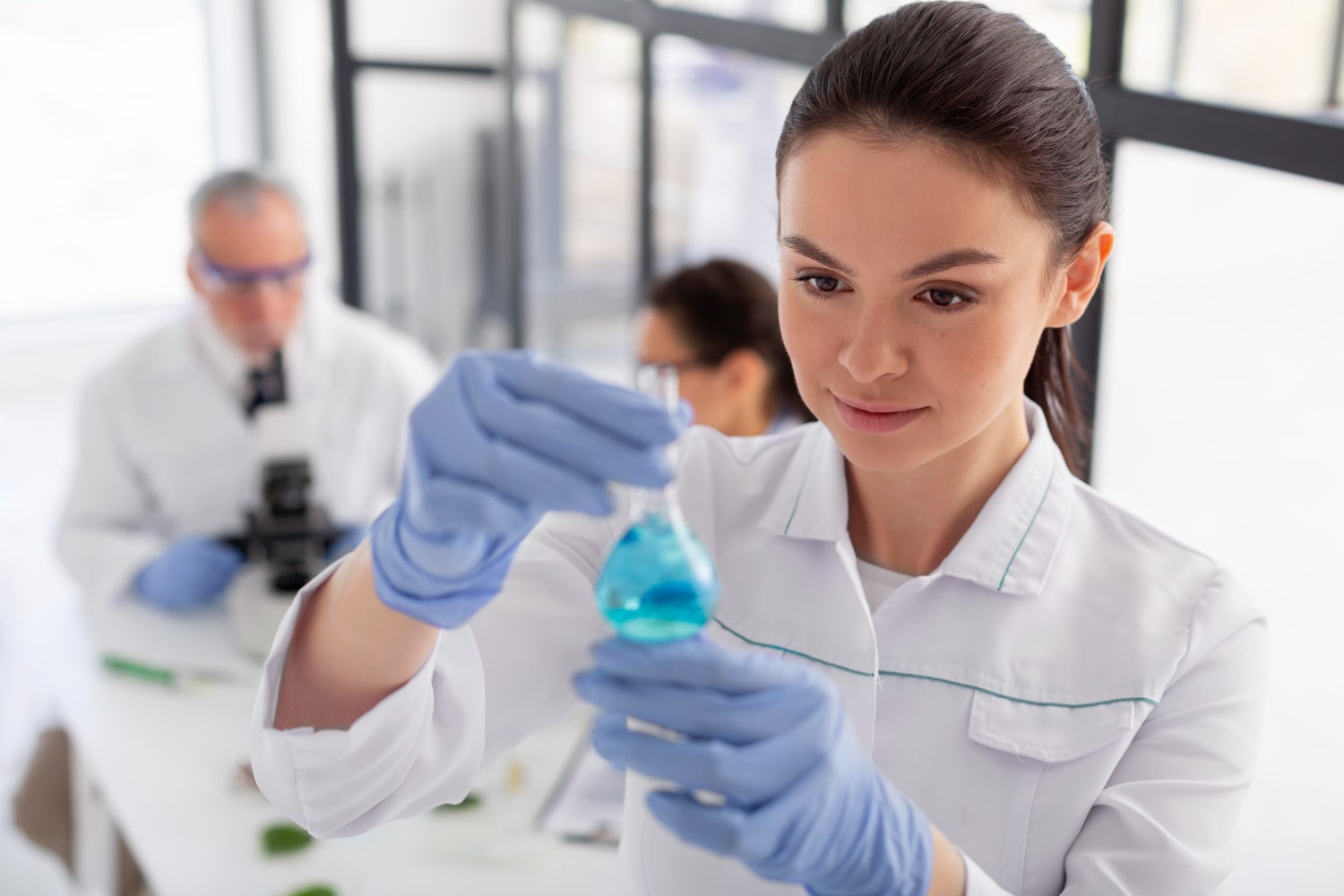BathMat Clinical Trial Initiated Across NHS Trusts to Alleviate Staff Burden and Enhance Patient Care
A groundbreaking clinical trial has commenced in Bath, focusing on an innovative inflatable pillow designed for the safe and efficient repositioning of patients in intensive care units (ICU). Co-developed by the University of Bath and the Royal United Hospitals Bath NHS Foundation Trust, this device, known as the ‘BathMat’, represents a significant leap forward in […]


A groundbreaking clinical trial has commenced in Bath, focusing on an innovative inflatable pillow designed for the safe and efficient repositioning of patients in intensive care units (ICU). Co-developed by the University of Bath and the Royal United Hospitals Bath NHS Foundation Trust, this device, known as the ‘BathMat’, represents a significant leap forward in patient care technology, with the potential to alleviate the physical demands placed on NHS staff while improving patient outcomes.
The BathMat is a flat, balloon-like pillow that can be inflated in sections, making it the first of its kind in the medical field. Its conception arose from a pressing challenge in ICUs: the need to safely reposition sedated and ventilated patients in a prone position, which is critical for certain treatments and to prevent pressure injuries. By gently lifting patients’ chests and hips, the BathMat significantly aids healthcare workers, allowing them to reposition patients swiftly and safely.
What sets the BathMat apart is its ability to reduce the number of staff traditionally required for patient repositioning from five to just two. This reduced manpower requirement is a pivotal element, especially in high-stakes environments such as ICUs, where every second counts. The streamlined process not only improves efficiency but also enhances safety for both patients and staff, minimizing the risk of injury during patient handling.
.adsslot_7mLeqxvl3j{ width:728px !important; height:90px !important; }
@media (max-width:1199px) { .adsslot_7mLeqxvl3j{ width:468px !important; height:60px !important; } }
@media (max-width:767px) { .adsslot_7mLeqxvl3j{ width:320px !important; height:50px !important; } }
ADVERTISEMENT
Dr. Alexander Lunt, a Senior Lecturer in Mechanical Engineering at the University of Bath, and Principal Investigator of the project, highlights the challenges faced globally in moving critically ill patients. He emphasizes the importance of engineering solutions that support both patient safety and staff welfare in ICU settings. This innovative approach showcases how engineering and healthcare can intersect to enhance operational effectiveness in one of the most demanding healthcare environments.
The clinical trials for the BathMat began at the Royal United Hospitals Bath in late May, with plans for expansion to other notable institutions such as Southmead Hospital in North Bristol, Wythenshawe Hospital in Manchester, and Derriford Hospital in Plymouth. Aiming to recruit approximately 30 patients across these four sites, the trial is backed by a funding commitment from the National Institute for Health and Care Research (NIHR) focused on ensuring that the results will sufficiently cover various health outcomes.
Key metrics being evaluated during these trials include not only the time saved for staff but also observable improvements in patient health parameters, such as the prevention of pressure sores. The safety of the device and its cost-effectiveness are also vital outcomes that will be measured against existing methods of patient repositioning. By assessing these outcomes, the research team aims to create a robust body of evidence that demonstrates the BathMat’s value in clinical settings.
Initial training sessions for ICU staff at participating hospitals have generated a wave of enthusiasm. Hundreds of staff members have undergone training, with many expressing a positive outlook on the BathMat’s potential to simplify patient repositioning tasks. Described by some healthcare professionals as a “no brainer,” the device has garnered significant attention and respect among the medical community.
Dr. Jerome Condry, Chief Investigator and Research Fellow at the Royal United Hospitals, underscores the enthusiastic reception from ICU teams, noting their recognition of the device’s transformative potential for patient care. The feedback speaks volumes about the anticipated impact the BathMat is expected to have on patient safety and staff efficiency within these crucial care environments.
As regulatory approvals have been established, the team is focusing efforts on commercializing the BathMat. With interest from investors steadily increasing, plans are in motion to develop a more advanced version of the device, including a pressure-sensing adaptation that could automatically detect and adjust for pressure points in real-time. This evolution of the BathMat could enhance its effectiveness and broaden its applications in various medical settings.
Once all trial data has been collected and thoroughly analyzed by health economics and statistics experts at the University of Bath, the research team plans to publish comprehensive findings. Following the publication, they will strive to scale the project to reach more NHS stakeholders and initiate collaborations with manufacturers interested in bringing the BathMat to market.
The research team also acknowledges the need for collaboration and invites expressions of interest from other NHS trusts or international partners for future trials or demonstrations. Scheduled conferences and showcase events in 2026 will provide an opportunity for the team to unveil preliminary results, as well as the next-generation version of the BathMat, to a wider audience eager to learn about advancements in patient care technology.
As the project progresses, it reflects a path toward innovative solutions that can address some of the most significant challenges in healthcare today. The dedication of the University of Bath and its partners to enhance patient care through technological advancements highlights the dynamic interplay between engineering and healthcare in developing practical solutions to complex problems faced in clinical settings.
Overall, the implementation of the BathMat in ICU trials showcases a promising step forward in improving the efficiency of patient care, reducing staff burnout, and ultimately enhancing overall patient outcomes. This marriage of engineering innovation with medical necessity represents a future where technology serves as a vital augment to the compassionate delivery of healthcare services.
Subject of Research: Inflatable Patient Repositioning Device
Article Title: BathMat Trial Launches Across NHS Trusts to Ease Staff Workload and Boost Patient Care
News Publication Date: October 16, 2023
Web References: bathmatmedical.com
References: National Institute of Health Research (NIHR)
Image Credits: University of Bath
Keywords
Health care, Clinical studies, Clinical trials, Medical treatments, Artificial respiration, Nursing, Hospitals, Engineering
Tags: BathMat clinical trialefficient patient handling solutionsimproving patient outcomes in ICUsinflatable pillow for patient repositioningintensive care unit advancementsmedical device development for healthcareNHS staff burden alleviationpatient care technology innovationpressure injury prevention in sedated patientsreducing patient repositioning manpowerRoyal United Hospitals BathUniversity of Bath collaboration
What's Your Reaction?

































